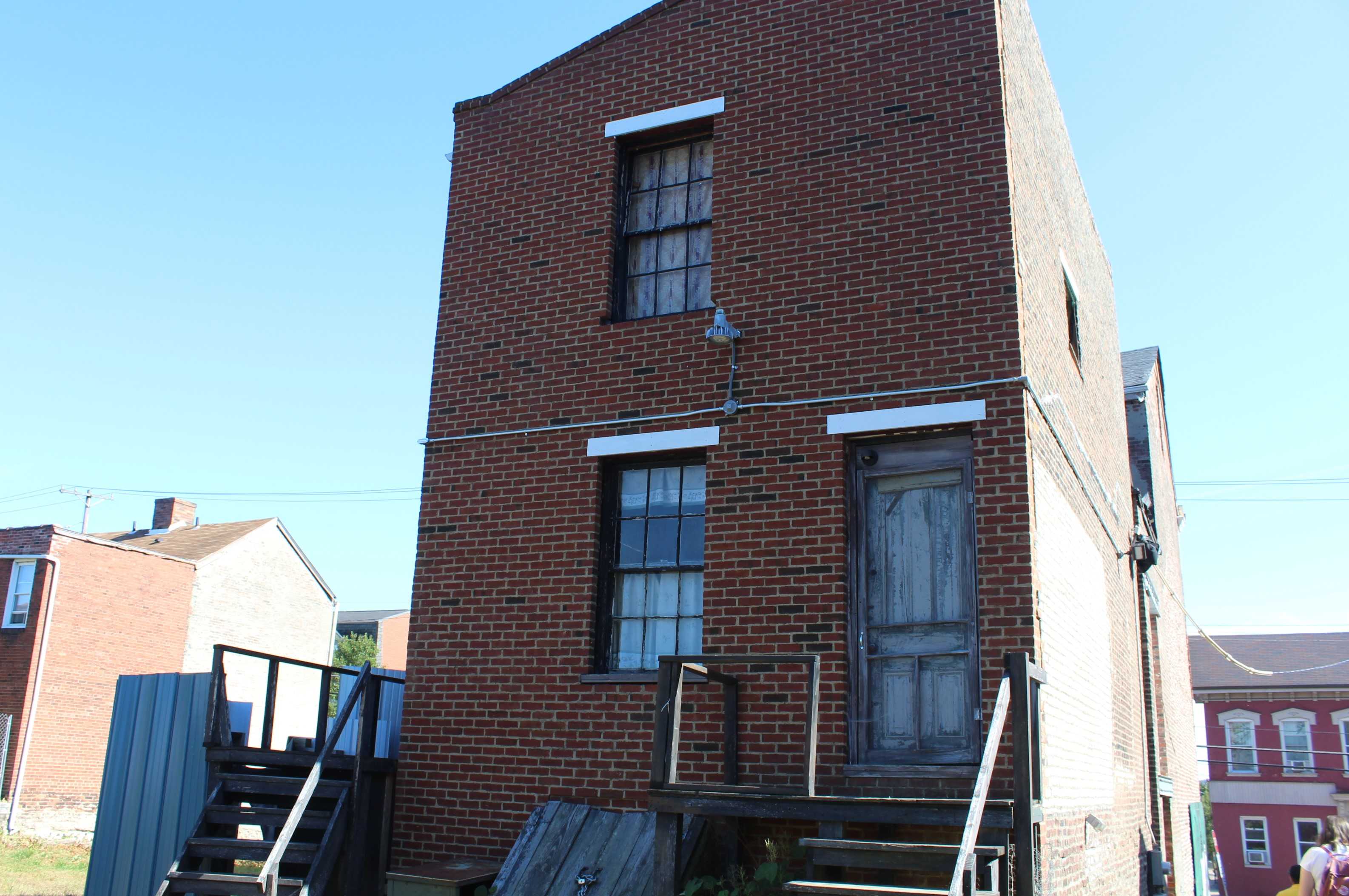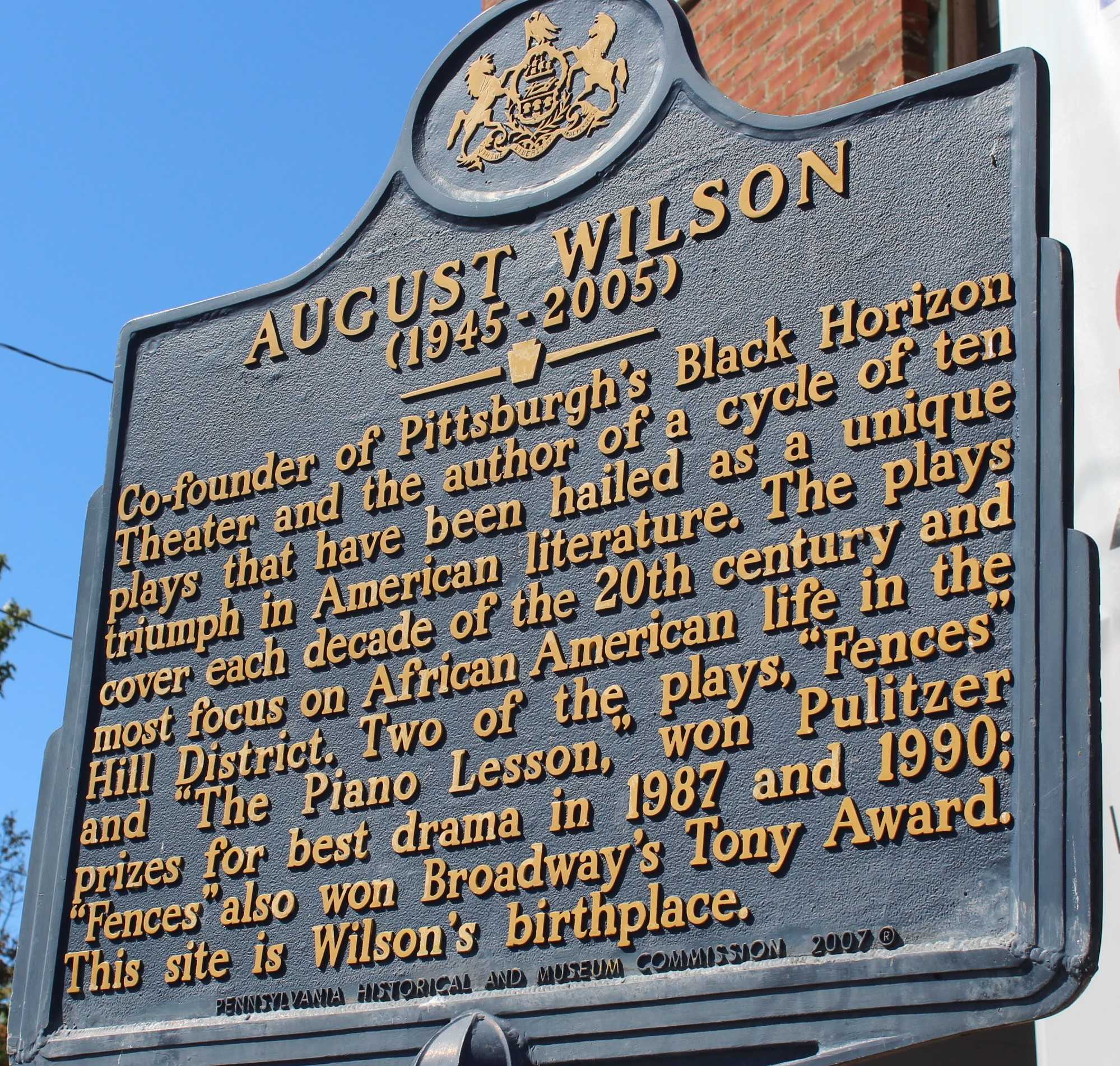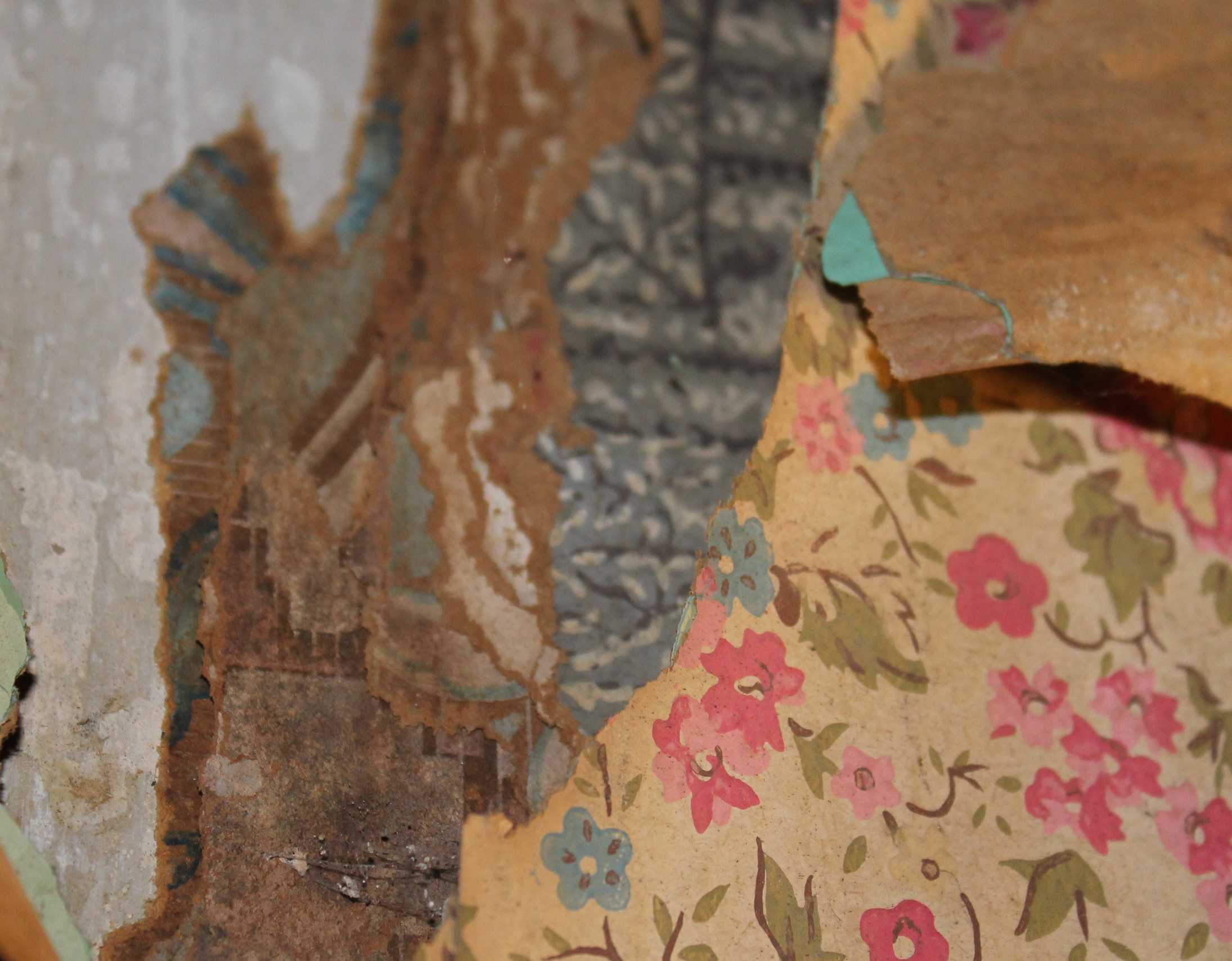Secret Pittsburgh
Future of the August Wilson House
By Max Sirianni
What is in store for the August Wilson House? As of right now the plans for the future of the building are to make it “useful” to the community. This means that the house will not just be a museum for people to come in, look around and leave. August Wilson wanted his home to be useful to the Hill District community if it was to be preserved. He wanted it to make an impact. The plan is for the house to have rooms that will be available as writing workshops and other outlets for creative expression. There will be a café outside where people can come to gather and socialize. Because of this, the August Wilson house will help to revitalize Pittsburgh’s Hill District and will restore some of the culture and artistic expression that was lost decades ago when much of the Hill was torn down. It will serve as a cultural center for the community. People can gather, share ideas, socialize and relax. It is already underway doing some of this. There is a yearly August Wilson block party which draws thousands. The parties consist of vendors, musical performers, games and more and the event helps create a community bond. They have brought people from all over Pittsburgh to the Hill District. August Wilson’s own plays have been performed in the backyard of the house. The goal is to have thousands visit the house each year from all over, which will help bring publicity to the Hill District and assist with revitalization.
The house will not be completely devoid of a museum experience. It is important to see the context of where August Wilson grew up and what shaped him. He got the inspiration for his plays from the Hill District. He grew up in a multi-ethnic neighborhood. Even his house had people of different ethnicities living inside. However, much of the Hill District was destroyed by the city. Carlos Peterson, who once lived in the Lower Hill, said "I remember being able to look from the third floor and actually see the bulldozers and the destruction of where we once lived" (Mindy Thompson Fullilove, Root Shock). The neighborhood’s population declined and it turned into a low-income community that is predominantly African American. Wilson discusses racial divide in his speech “The Ground on Which I Stand” where he discusses how black theater is not properly funded and stresses the importance of sharing the experiences of African Americans through theater. "Black theatre doesn't share in the economics that would allow it to support its artists and supply them with meaningful avenues to develop their talent and broadcast and disseminate ideas crucial to its growth" (August Wilson, "The Ground on Which I Stand"). This is part of why the revitalization the house will provide is so important. The Hill District has gained a negative reputation and with this comes a negative view of African Americans in Pittsburgh. When I first came to Pittsburgh I was told that the Hill District was the "bad area" and that it should be avoided when possible. This is an unfortunate negative stereotype, but it can be changed. The August Wilson House project hopes to transform this view by bringing cultural change to the Hill District. It is important to understand the history of the area in order to fully understand and appreciate the goals of the August Wilson House.
The two rooms where his family lived in will be featured for guests to walk through. Since the house has been officially designated as a historical site, it needs to accurately represent the era that it is supposed to showcase. In this case, the rooms need to look like they did when August Wilson lived there. The family's two rooms will be restored to an era of historical significance. Even the wallpaper’s composition will be the same it was decades ago. This is an intricate process and it requires careful examination of the chemical composition of the wallpaper in order to provide an accurate recreation. Even though over time multiple layers have been added on top, each one still needs to be accurate. The mortar between the bricks must also be as it was decades ago. There is an important relationship here between historical preservation and evolving living-space. The August Wilson House seeks to provide the best of both worlds. Understanding the past is important for shaping the future. The August Wilson House will allow visitors to examine the past but also be part of a cultural experience that can shape the future of the Hill District. People will experience the history of the Hill District and August Wilson while at the same time using the house for cultural enrichment, which will ultimately spread throughout the Hill District and contribute to revitalization. This will in turn work to combat the negative stereotypes surrounding the Hill District that are held by both locals and outsiders.
According to CBS Pittsburgh, on October 21, 2019 the August Wilson House received about $500,000 in a federal grant administered by Duquesne University. The new funds will not only go to construction but will also go towards local and visiting artists, tours of the house and educational programs- keeping in line with usefulness principle. Paul Ellis, executive director of the August Wilson House, says "We have an ongoing commitment to the community, to the residents of the Hill District and the city of Pittsburgh" (CBS Pittsburgh). Other interest from big donors has come as well. Denzel Washington, a fan of august Wilson's plays, offered a significant contribution to the restoration of the August Wilson house. He acted in the 2015 movie Fences, which is based on one of August Wilson's plays of the same name and filmed in the Hill District. The construction is scheduled to begin at the end of 2019 and is tentatively scheduled to finish for a grand opening in April of 2021.
Works Cited
CBS Pittsburgh. 21 October 2019. https://pittsburgh.cbslocal.com/2019/10/21/august-wilson-house-receives-federal-funding/
Fullilove, Mindy Thompson. Root Shock. New York, The Random House Publishing Group, 2004.
Wilson, August. "The Ground on Which I Stand". Nick Hern Books, 2001.


